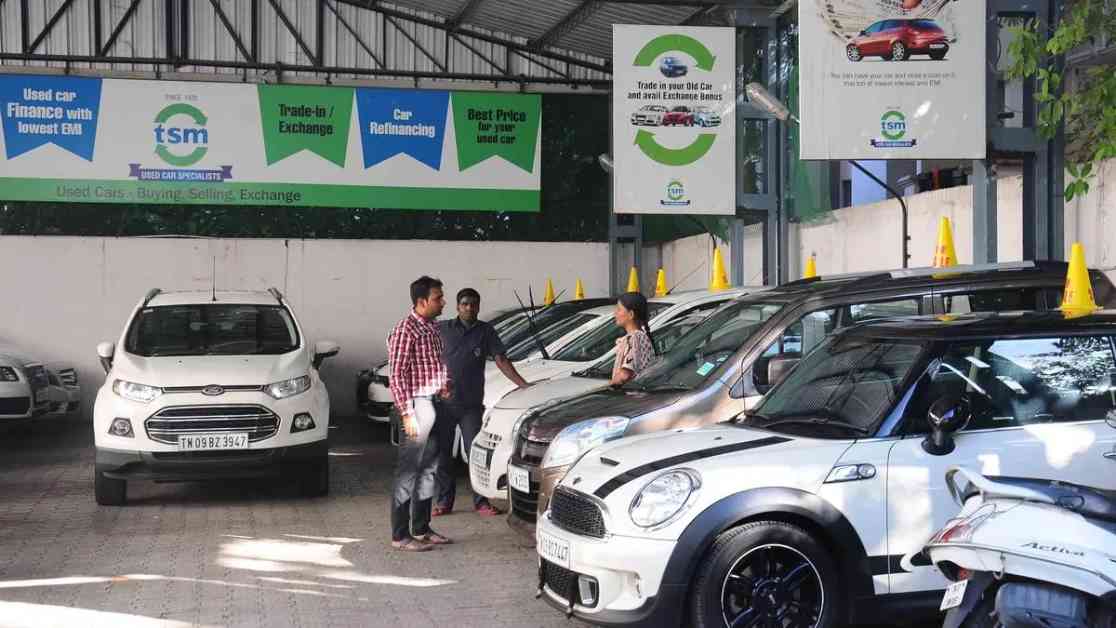Indian consumers are totally ditching the idea of buying brand new cars these days. The reason? Well, it all comes down to the rising prices of vehicles and the fact that their incomes are pretty much stuck in one place. It’s like a never-ending cycle of financial struggle. Take Shyam from Bengaluru, for example. He’s like, “Dude, the basic entry-level car costs more than ₹7 lakh. So, yeah, most of us are just going for second-hand cars instead.”
Growing at a rate of 10–12 per cent per year, the used car market is where it’s at. It’s all about being able to afford a car without breaking the bank, and having more options when it comes to financing. Even the big shots like Maruti Suzuki Chairman RC Bhargava are saying that the drop in new car sales is all because people just can’t afford them anymore. Gajendra Jangid, the Co-Founder of CARS24, also mentioned how affordability is the main factor for first-time buyers. Like, who wouldn’t want a car under ₹5 lakh, right? It’s like a dream come true for most people, especially those in rural areas who prefer models in the ₹3–4 lakh range.
Affordability isn’t just about the initial purchase, though. It’s about the whole shebang—fuel, maintenance, insurance, you name it. Anand from Pune knows the struggle all too well. He’s like, “It’s not just about buying the car, it’s about keeping up with all the expenses that come with it. It’s a real pain, especially with the crazy traffic and time wasted.” The used car market in India is expected to hit $40 billion by FY26, with a whopping 6.5–7 million vehicles set to be sold. Hatchbacks are still ruling the roost, but compact SUVs are starting to make some noise. The Renault Kwid, Hyundai Grand i10, and Maruti Suzuki Swift are some of the hot favorites out there.
According to Hanish Yadav from Spinny, people are holding onto their cars for a shorter time now. It used to be 6–8 years, but now it’s more like 4–5 years. This means there are more young cars in the resale market, which is great news for buyers. More and more folks are looking at 3–5-year-old vehicles, narrowing the gap between new and used cars. The struggle is real when it comes to salaries, especially in big cities like Bengaluru. Tech sector folks are only seeing 8–12 per cent raises, while startups are slightly better at 12–15 per cent. With utility costs going up, it’s getting harder for middle-income families to keep up with car ownership.
But hey, it’s not all bad news. Access to credit for used cars has gone up from 15 per cent in 2010 to 23 per cent in 2024. Sure, it’s not as high as the 84.2 per cent for new cars, but it’s progress. Vineet Tripathi from Rupyy even mentioned how EMI-based purchases have made second-hand cars more accessible. It’s all about that affordability, baby. And let’s not forget about startups like Spinny, who are seeing more interest in short-term car ownership models. Subscriptions and rentals are becoming the new cool thing, especially for urban millennials and gig workers. Hey, whatever works, right?























